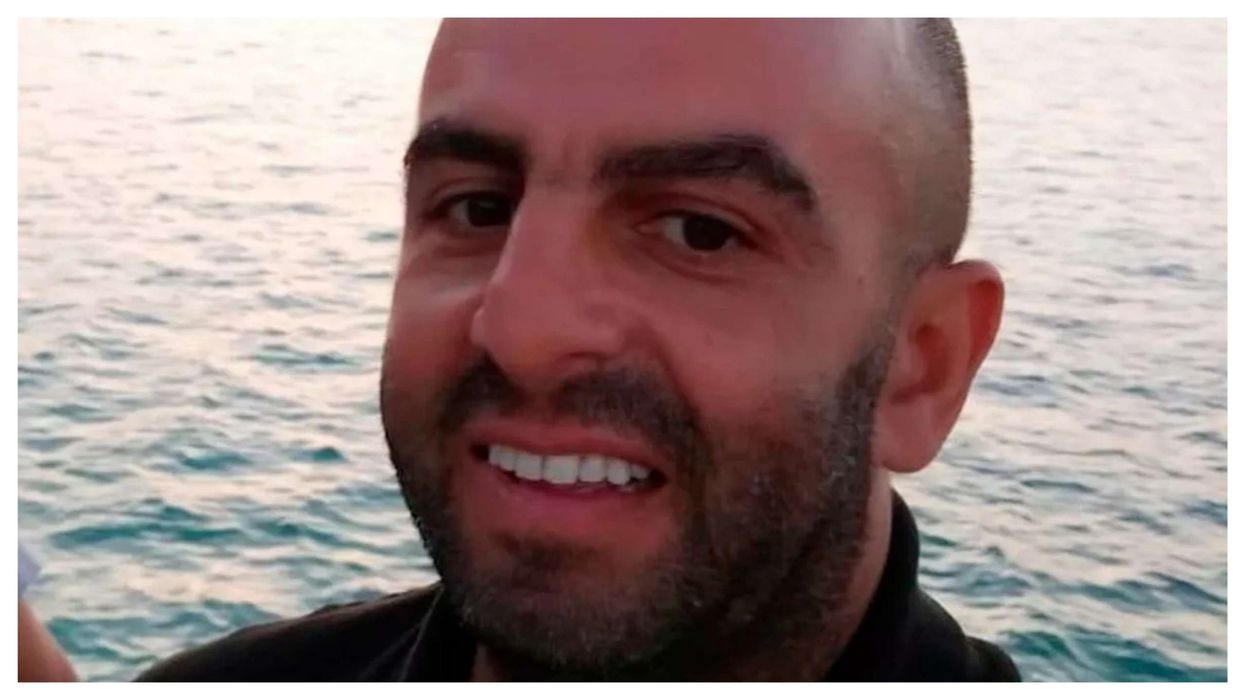By Dr Rosena Allin-Khan
Labour MP for Tooting and shadow cabinet minister for mental health
HAVING been an A&E doctor and a humanitarian doctor working in disaster zones across the world, I have become used to death.
I have become used to the painful universal sound of a person losing a loved one. I have become used to seeing the expression change in someone’s eyes when they realise their relative has gone for good. It does not get any easier, but it is an honour, as a medic, to be able to offer comfort to relatives in their time of greatest need.
This is where coronavirus has been so cruel – it has stripped that humanity away. I have had to speak to relatives over the telephone to tell them that their loved one is dying. If a hospital has the capability to allow a family member to come and say goodbye, the family has the agonising decision of which family member to choose, as only one visitor is allowed. Behind full PPE (personal protective equipment), with only my eyes visible, I cannot comfort a relative like I used to – I cannot offer a hug for moral support; I cannot stand within two metres of them.
The sadness and anger after a shift that some of these deaths could have been completely avoided haunts you. NHS and care staff across the country are still having difficulties accessing PPE, people have not been able to access testing, and lockdown measures came in too late. We have seen the tragic consequence of this with so many frontline staff losing their lives because of this virus.
Disproportionately, so many of the frontline staff who have died are from BAME communities – every day they put themselves in harm’s way to save and support the lives of others. We must do everything to protect them, their families and communities who have been hit hardest by the virus – not at some point in the future, but right now.
This virus and the deaths on the frontline are having a huge knock-on effect on the mental health of staff. They are worried that they will spread it to their families – after a shift, I have to call ahead to ensure my children are kept away while I have a shower and throw my clothes in the washing machine. Some medics are living apart from their families for fear of spreading the disease. Carers are terrified of spreading the virus across care homes.
Anecdotally, we are hearing of rises in frontline staff attempting suicide and of more NHS staff seeking mental health services. I am receiving messages at 2am from frontline workers who are unable to sleep because of the stress they are under at work, and the risk of passing this virus onto their families. Many frontline staff are palpably scared to go into work – and it’s taking its toll.
The government must ensure that mental health support is available now, for all NHS workers and care staff, for as long as they need it. This must include PTSD services. There must be a national mental health package, not a postcode lottery depending on the resources that local trusts and councils can offer. Now is not the time for platitudes – it is the time for leadership and action.
We can get through this virus together – frontline staff go to work every day in order to save lives, and the British people are doing a fantastic job at staying home in order to save many more lives. But as frustration builds from having to stay at home every day, it is vital that parents can plan for schooling provision for their children, that people who require face-to-face talking therapies can plan for these to restart, and that cancer patients can plan for their treatment to commence.
We cannot let the inhumanity of coronavirus creep into other aspects of people’s lives. People must be given the opportunity to plan for the future – to see the light at the end of a very long, and very dark, tunnel. Without clear communication from the government of a plan to move forward, I worry that panic, stress and anxiety will set in.
Among such sorrow we have seen our fantastic communities come together to support one another during this crisis. As part of the NHS family, I want to thank everyone for their support – together, we will get through this.













Virus crisis ‘is taking a toll on frontline staff'